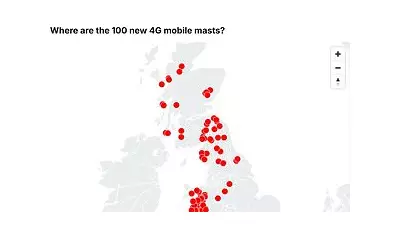
A woman has shared her astonishment after discovering how dramatically different she looks in AI-generated images compared to her real-life appearance. The viral revelation has sparked widespread discussion about the capabilities and implications of artificial intelligence in altering perceptions of reality.
The Shocking Discovery
Using a popular AI image generator, the woman uploaded several photos of herself, expecting minor enhancements or stylistic changes. Instead, she was confronted with strikingly altered versions of her face and body that bore little resemblance to her actual features.
Key Differences Noted:
- Facial structure appeared more symmetrical and "idealized"
- Skin texture was unnaturally flawless
- Body proportions were significantly altered
- Hair appeared thicker and more voluminous
Public Reaction and Concerns
The images quickly gained attention online, with many users expressing similar experiences. Psychologists warn that such transformations could contribute to unrealistic beauty standards and body image issues, particularly among younger generations.
"This technology is advancing faster than our ability to understand its psychological impact," commented one digital ethics expert. "While the results might seem flattering at first glance, they create impossible standards that no real person can achieve."
The Technology Behind the Transformation
Modern AI image generators use complex algorithms trained on millions of photographs to create "idealized" versions of human faces. These systems often:
- Analyze facial features and proportions
- Compare against cultural beauty standards in their training data
- Generate composite images that represent statistical averages of attractiveness
As the technology becomes more sophisticated, the line between reality and AI-generated content continues to blur, raising important questions about authenticity in the digital age.





